AO Edited
Alnwick Poison Garden
The sign at the garden gate reads: "These Plants Can Kill."
Inspired by the legendary botanical gardens in Padua, an English duchess created this garden dedicated entirely to flora which are deadly and/or narcotic.
Behind big black gates, the carefully curated garden contains about 100 legendary killers like Atropa belladonna (deadly nightshade), Strychnos nux-vomica (strychnine), and Conium maculatum (hemlock). Guides explain their deadly properties while keeping ne’er-do-wells and curious children away from the plants, warning them: “Do not touch any of the plants, don’t even smell them. There are plants here that can kill you.”
The duchess herself is an unlikely patron. Until 1995, she was just Jane Percy, mother of four. Then in 1995, her husband unexpectedly became the twelfth Duke of Northumberland following his brother’s untimely death, and the next thing they knew they had a castle to deal with. As she inspected her newly inherited digs and expansive gardens, much of which had been meticulously designed by the famous landscape designer Capability Brown, she came across an overgrown, neglected section. Formal gardens had been planted in that spot by the first duke in 1750, and it passed through several incarnations until World War II, when it was converted from a place of Italian ornamental splendor into a victory garden of vegetables. By 1950, it had closed. She decided to restore it, not to its former glory, but into a new, modern garden.
The poison garden opened in 2005 as just a portion of the ambitious 14-acre new gardens. Wanting in part to hark back to old apothecary’s gardens, the duchess shied away from planting healing medicinals and instead sought out hard-to-get deadly poisons. Also included in the gardens are narcotic plants like opium poppies, cannabis, magic mushrooms, datura, and tobacco. Many of these required special government permission to grow. Because the danger posed by poisonous plants is very real (some can kill or sicken just through touch), some plants are caged, and the garden is secured each evening behind gates under a 24-hour security watch.
Other parts of the garden include an enormous multi-level treehouse and a bamboo labyrinth. You may also find the looming Alnwick Castle strangely familiar, having seen it stand in as Hogwarts in the first two Harry Potter films.
The gardens are planned in several phases, some of which are still incomplete—funds in the millions of pounds have not been as forthcoming lately.
Know Before You Go
The Alnwick Garden is just off the A1 at Alnwick, and is well signposted. Buses connect Alnwick to the surrounding towns and Newcastle. Train station: Alnmouth. The Poison Garden can be visited only as part of a guided tour. The tour is free after you have paid the entry fee to the Castle gardens. Tours run every half hour up until 5 PM.


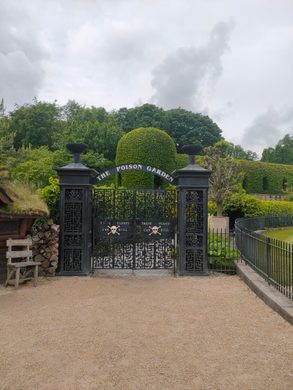

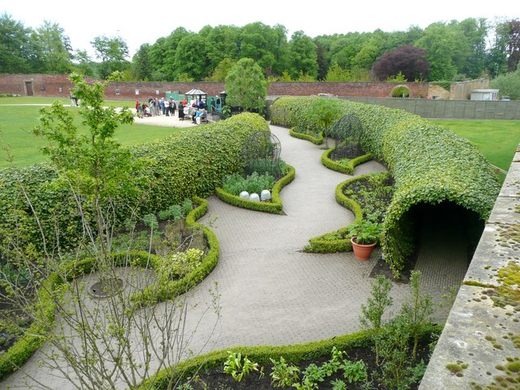
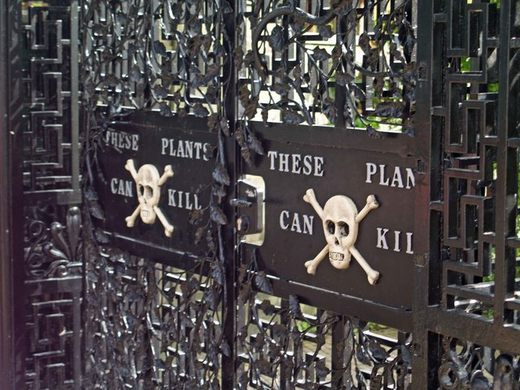


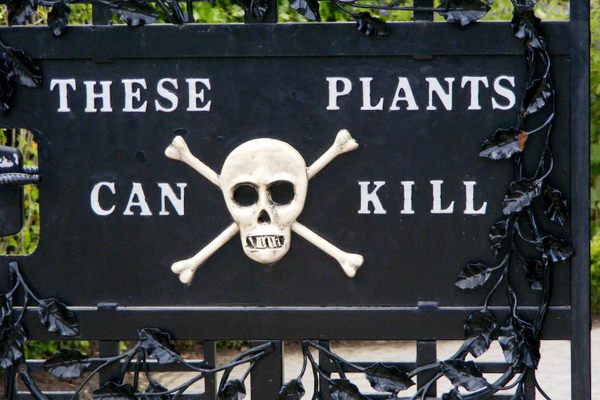









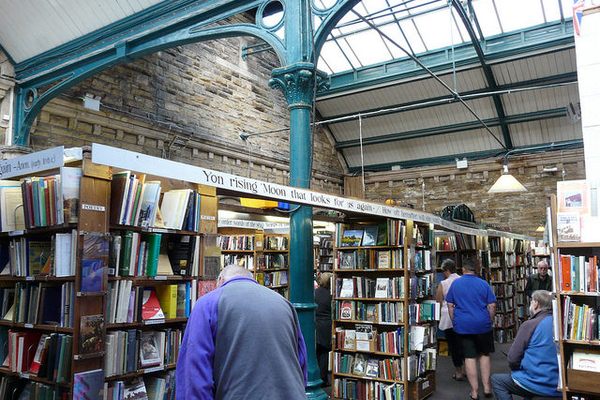

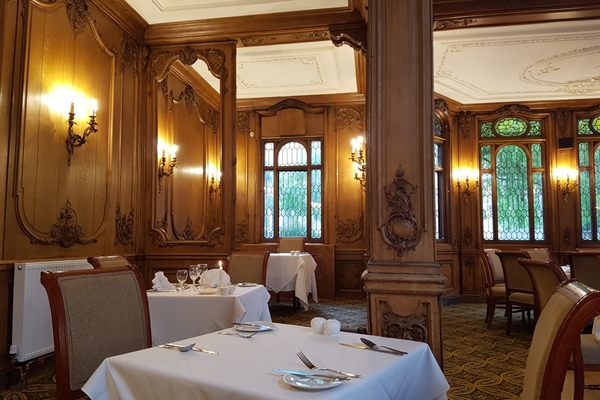
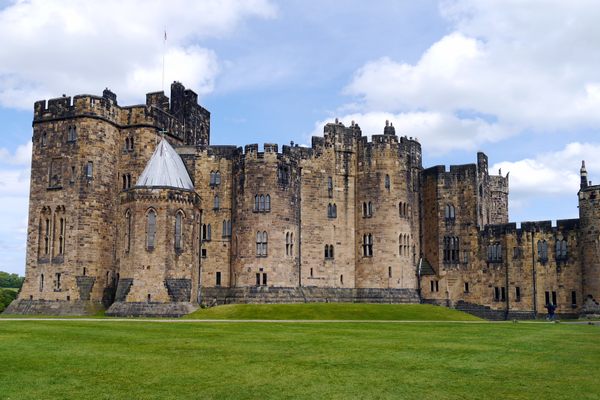
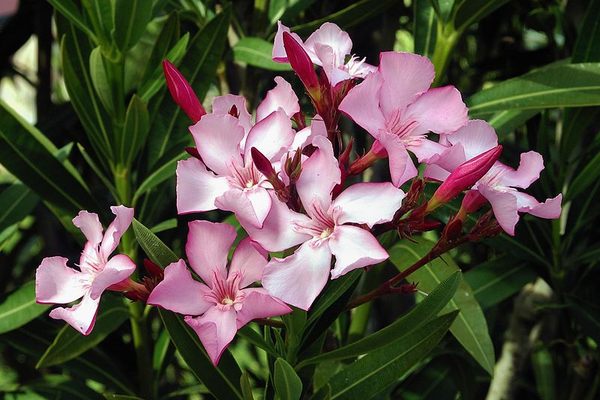


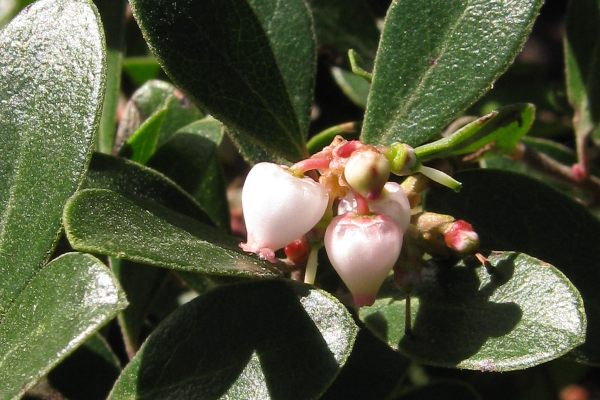

Follow us on Twitter to get the latest on the world's hidden wonders.
Like us on Facebook to get the latest on the world's hidden wonders.
Follow us on Twitter Like us on Facebook